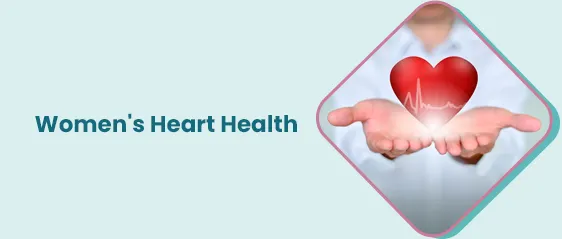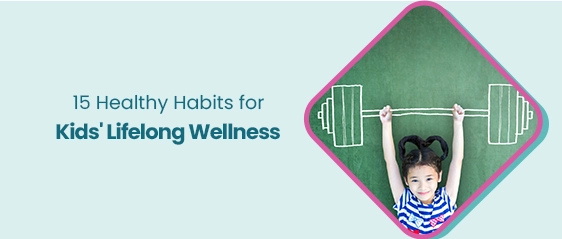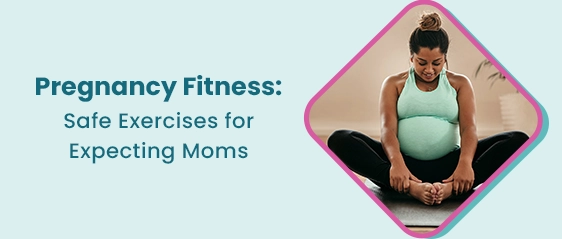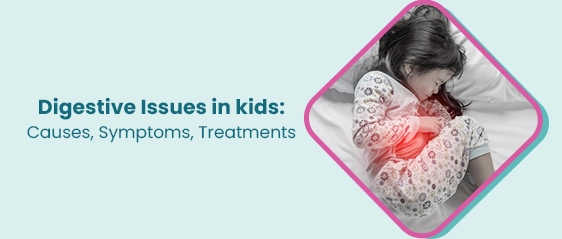Women's Heart Health: Understanding Risks and Promoting Wellness
- 14 Aug 2023
Women's heart health is a critical topic that often goes overlooked. Contrary to popular belief, heart disease is not just a concern for men. In fact, it's the leading cause of death for women worldwide. This blog post aims to shed light on the unique aspects of women's heart health, including risk factors, symptoms, prevention strategies, and lifestyle changes that can contribute to a strong and healthy heart.
Understanding the Gender-Specific Risks:
Cardiovascular disease affects women differently than men. Various factors, including hormonal changes, contribute to this distinction. Women should be aware of the following risks:
- Hormonal Changes: Hormonal shifts during puberty, pregnancy, and menopause can impact heart health. Discuss the role of estrogen and its connection to heart disease risk.
- Pregnancy Complications: Gestational diabetes, preeclampsia, and other pregnancy-related issues may increase the likelihood of heart problems later in life. Highlight the importance of post-pregnancy follow-ups.
Identifying Signs and Symptoms:
Women often experience different heart attack symptoms than men. It's crucial to recognize these signs and act promptly:
- Atypical Symptoms: While chest pain is a common symptom, women might also experience nausea, shortness of breath, fatigue, and back pain during a heart attack.
- Silent Heart Attacks: Some women may have "silent" heart attacks with minimal or no symptoms. Emphasize regular health check-ups to catch potential issues.
Preventive Measures and Lifestyle Changes:
Empower women with actionable steps to reduce heart disease risk:
- Balanced Nutrition: Highlight heart-healthy foods rich in omega-3 fatty acids, fiber, and antioxidants. Discuss the Mediterranean diet and its benefits.
- Regular Exercise: Promote the importance of physical activity, including cardiovascular exercises, strength training, and yoga for stress reduction.
- Stress Management: Explore stress's impact on heart health and suggest stress-reduction techniques such as mindfulness, meditation, and hobbies.
- No Smoking: Discuss the harmful effects of smoking on heart health and encourage smoking cessation programs.
Seeking Medical Guidance:
Encourage women to prioritize heart health through regular medical check-ups and consultations:
- Annual Check-ups: Advocate for yearly wellness visits to monitor blood pressure, cholesterol levels, and overall cardiovascular health.
- Knowing Your Numbers: Educate women about ideal blood pressure, cholesterol, and blood sugar levels. Provide resources for tracking these numbers.
Conclusion
Empowering women with knowledge about their heart health is essential for leading a vibrant and fulfilling life. By understanding gender-specific risks, recognizing symptoms, adopting healthy habits, and seeking medical care, women can take proactive steps to reduce the risk of heart disease and enjoy optimal heart health for years to come.
Remember, prevention is key, and every small change in lifestyle can make a significant difference in a woman's heart health journey.
Frequently Asked Questions
1. Is heart disease really a significant concern for women?
Absolutely. Heart disease is the leading cause of death for women worldwide. It's important to understand the risks, symptoms, and preventive measures.
2. How does menopause affect heart health?
During menopause, declining estrogen levels may increase the risk of heart disease. It's vital to maintain a heart-healthy lifestyle and seek medical guidance.
3. What are some heart-healthy foods I should include in my diet?
Incorporate foods rich in omega-3 fatty acids (salmon, walnuts), fiber (whole grains, fruits, vegetables), and antioxidants (berries, dark leafy greens).
4. Can stress really impact my heart health?
Yes, chronic stress can contribute to heart disease. Practicing stress-reduction techniques like meditation, deep breathing, and exercise can help mitigate this risk.
5. What exercises are best for heart health?
Cardiovascular exercises like brisk walking, jogging, swimming, and cycling are excellent for heart health. Strength training and yoga also offer additional benefits.
6. I don't smoke, but is secondhand smoke harmful too?
Yes, exposure to secondhand smoke can increase heart disease risk. Avoid environments where smoking is prevalent and encourage smoke-free spaces.
7. What should I do if I experience unusual symptoms?
Don't ignore unusual symptoms like fatigue, shortness of breath, or chest discomfort. If you suspect a heart issue, seek medical attention promptly.
8. How often should I have my blood pressure and cholesterol checked?
Regular check-ups are crucial. Aim for at least annual screenings to monitor your blood pressure, cholesterol levels, and overall heart health.
9. Can pregnancy affect my heart health in the long term?
Certain pregnancy complications, like gestational diabetes and preeclampsia, may increase heart disease risk later in life. Regular check-ups are essential.
10. Are heart problems in women treated the same as in men?
Treatment can vary based on individual factors. It's important to work closely with a healthcare provider to develop a personalized treatment plan.
Certainly! Here's an FAQ section that you can include in your blog post about women's heart health:





